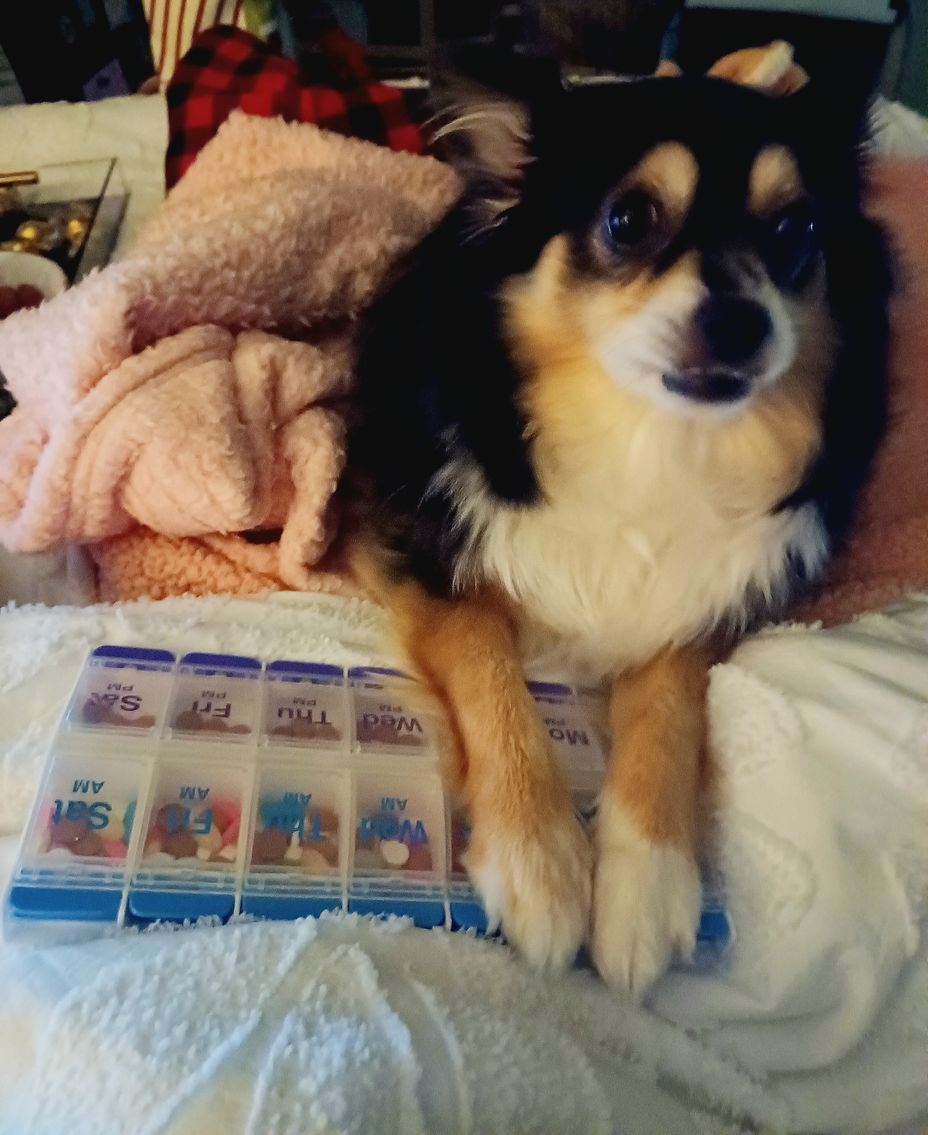Bridging the Gap: My Autistic Son Moves Towards Independence
In September, 2023, we moved my 21 year old son into a residential life skills program for young adults with autism and developmental disabilities. It was a huge leap of faith for all of us.
Before he left, #Anxiety filled our house and consumed our thoughts. Would he be able to engage and participate? Would he handle the separation from me? Would the OCD that escalated in the wake of Covid-era isolation and its lack of supports and socialization render him stuck for hours every day? Would the staff be as wonderful as they seemed?
I told myself so many stories of what could go wrong – but I never allowed myself to hope for what could go right.
My son’s attitude about going away from home can best be described as “resignation.” “I know most people who are 21 have already gone away from their moms.”
“If it weren’t for Covid I probably would have already done a program.”
You get the gist.
Drop off was relatively quick – pull up, unload, few minutes of logistical talk with the staff, and go – he didn’t want a hug, or even to exchange goodbyes. He turned around, walked (bravely) into his new house – no tears, no entreaties to change the plan – and set off on his journey towards independence. Amazingly, I didn’t cry. Didn’t get teary, didn’t have to swallow past a lump in my throat, didn’t sob. (All things I’d done when I dropped off my daughter at Dartmouth six years earlier.) Maybe it was because I got such a great feeling from the staff. Maybe it was because he didn’t cry. Or maybe it was because I was ready – even if we didn’t know if he was.
Almost immediately my son was happy. He was engaged, comfortable, learning life skills and building independence, starting to form peer relationships. The staff turned out to be extraordinary. And he handled being away from me like a champ. This allowed for an incredibly positive anxiety-to-freedom ratio for me. Suddenly, my life was mine again. It became about figuring out how to fill my days, instead of my sons. Truly a transformative experience for me – and for him.
Before he went away, during the depths of his debilitating OCD (and the accompanying anxiety and depression), The New York Times Spelling Bee was the thing that initially had helped him start to recover – it became the thing that got him out of bed every day, had him smiling and laughing again, and facilitated bonding with family. When he
arrived at his residential program, he brought his love of the Bee to everyone there. The staff all became instantly obsessed with it, and it’s a constant source of conversation and connection. Every day, my son texts me asking, “did you get the pangram?” The time that text shows up lets me know if he’s having a relatively good day or a stuck one. On a recent Saturday morning, this text came through – and it’s just one more example of how the Bee is so much more than a game to us.
“Did you get the pangram yet? Good word for me. Considering I’m all grown up.” I’m not crying, you’re crying.
Now, six months into the program, he’s had his ups and downs. He’s still happy, and the staff is still awesome. The OCD waxes and wanes. Whether your kid is neurotypical, autistic, has anxiety or OCD, or is just trying to be themselves in this crazy world, this parenting gig is no joke. Elizabeth Stone said that having a child is “to decide forever to have your heart walking around outside your body.” That’s definitely what it feels like for me.
And right now, my child is walking around, hours away from me, part of an amazing community that keeps him safe and happy and helps him work through his struggles with OCD. I’m so proud of him, so lucky to have found the right program, and so thankful for the reminder that we need to take chances, push beyond comfort zones, and believe in our kids.

